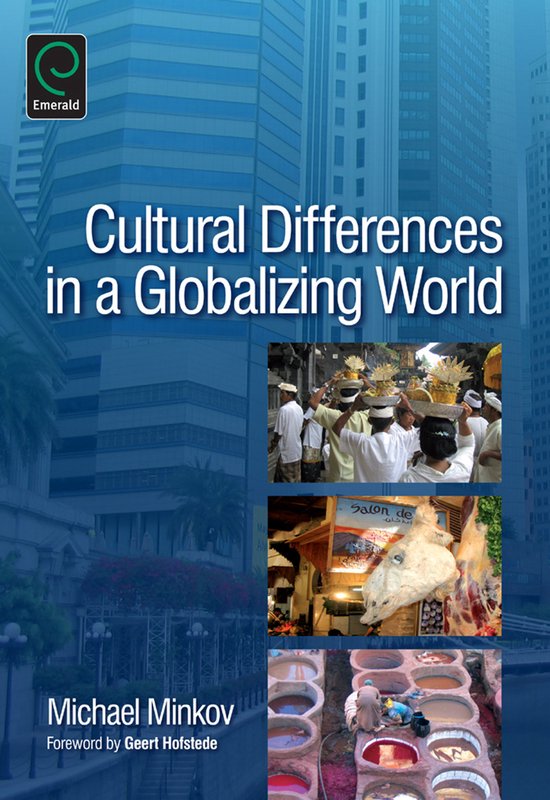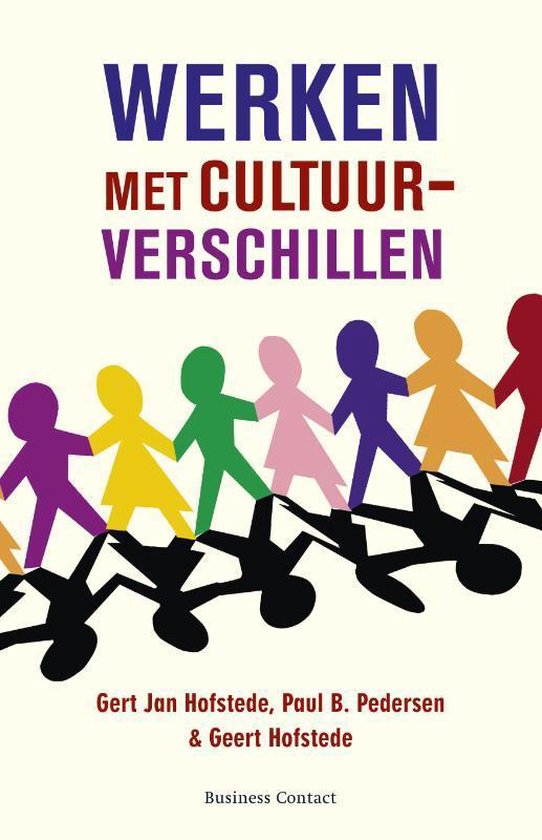
Cultural Differences In A Globalizing World
Explains the relationship between national culture and national differences in crucially important phenomena, such as speed of economic growth, murder rates, and educational achievement. This book also explains differences in suicide rates, road death tolls, female inequality, happiness, and a number of other phenomena.
Endorsed by Geert Hofstede, the most-quoted author in the cross-cultural field, this is the only book that explains the relationship between national culture and national differences in crucially important phenomena, such as speed of economic growth, murder rates, and educational achievement. It explains differences in suicide rates, road death tolls, female inequality, happiness, and a number of other phenomena in an unprecedented way. It provides comprehensive coverage of these important cross-cultural differences while showing how they covary across the world and presents strong empirical/statistical evidence for the explanations. Chapters focus on culture and cross-cultural studies, economic dynamism, universalism versus exclusionism, risk-taking reproductive competition, monumentalism versus flexumility (flexibility + humility), and the world's cultural clusters. Each chapter contains a subchapter in which implications for international management and organizational behavior are discussed, making the book attractive not only to readers with a special interest in the social sciences, but also to management consultants, management educators and business executives.
Endorsed by Geert Hofstede, the most-quoted author in the cross-cultural field, this is the only book that explains the relationship between national culture and national differences in crucially important phenomena, such as speed of economic growth, murder rates, and educational achievement. It explains differences in suicide rates, road death tolls, female inequality, happiness, and a number of other phenomena in an unprecedented way. It provides comprehensive coverage of these important cross-cultural differences while showing how they covary across the world and presents strong empirical/statistical evidence for the explanations. Chapters focus on culture and cross-cultural studies, economic dynamism, universalism versus exclusionism, risk-taking reproductive competition, monumentalism versus flexumility (flexibility + humility), and the world's cultural clusters. Each chapter contains a subchapter in which implications for international management and organizational behavior are discussed, making the book attractive not only to readers with a special interest in the social sciences, but also to management consultants, management educators and business executives.
| Auteur | | Michael Minkov |
| Taal | | Engels |
| Type | | Hardcover |
| Categorie | | Mens & Maatschappij |





